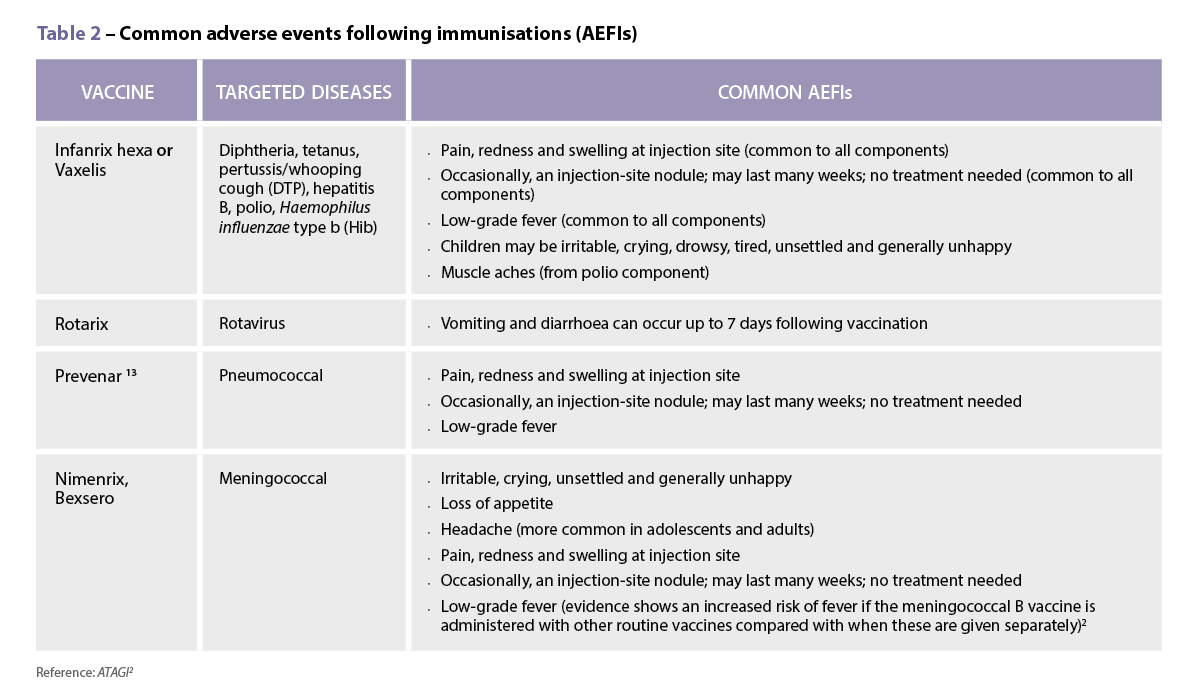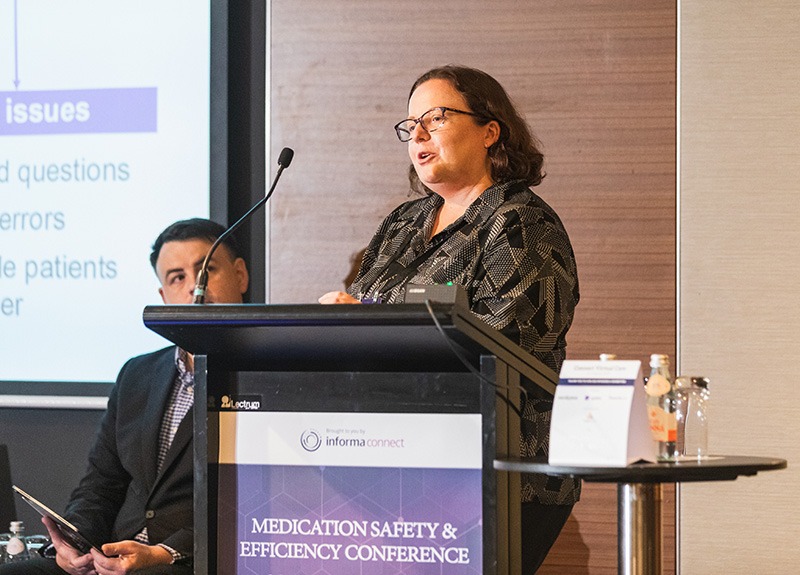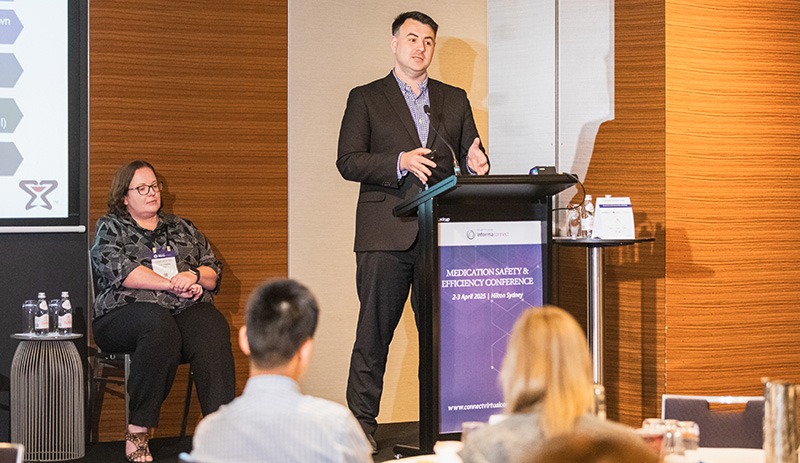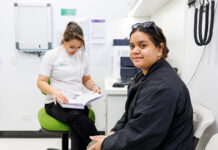What are the health questions Australian most want answers to? Data from Medicines Line, the NPS MedicineWise pharmacist-staffed information hotline, has revealed common medical concerns, and a particular demand for information about antidepressants.
The free telephone line, which was established in 2010, is staffed by experienced pharmacists who are able to provide callers with up-to-date, evidence-based information about over-the-counter, prescription and complementary medicines.
Medicines Line has answered over 70,000 questions from the general public, revealing valuable insights for community pharmacists about the issues callers have with medicines. Callers frequently asked about antidepressants (7%) – with 72% of enquiries about medicine interactions and 58% about side effects.
Nerida Packham, pharmacist and Medicines Line Team Lead at NPS MedicineWise, told Australian Pharmacist that the volume of queries speaks to a need for ‘factual, evidence-based information’ about antidepressants, particularly around starting and stopping the medicines and when they should start to work.
Ms Packham noted that there was also a high volume of questions about pain medicines, reflux medicines and complementary medicines, noting that questions were commonly about side effects, medicine interactions and the impact of certain medicines on pregnancy and breastfeeding.
‘I know the difficulties that pharmacists can face accessing research around pregnancy and breastfeeding, and also finding evidence for the ways complementary medicines can interact with other medicines. So that’s a service that the Medicines Line can help with. But we always refer people back to their doctor or pharmacist to put the information in perspective for that person.’
She said that an understanding of the common questions from callers can help community pharmacists better serve their patients.
‘When pharmacists are aware of common consumer questions, it can be of assistance when dispensing medicines and counselling patients. Providing additional information at the time of dispensing can ultimately help improve patients’ understanding of medicines and medicine adherence,’ she said.
Ms Packham also pointed out the value of a hotline in situations where the process of physically going to a pharmacy might be a barrier to accessing reliable information about medicines, noting that many of the calls are enquiring about the interactions between over-the-counter and prescription medicines, or side effects that haven’t become apparent until after the medicine is dispensed.
While Medicines Line can’t replace face-to-face advice from a doctor or pharmacist, Ms Packham said that the service is a valuable method of increasing medicine literacy amongst patients.
‘We’re able to give people more information about how to safely take these medicines, how the medicines work in their bodies, and when they should seek face-to-face medical advice,’ she said.



 This CPD activity is supported by an unrestricted education grant by Reckitt.[/caption]
This CPD activity is supported by an unrestricted education grant by Reckitt.[/caption]





 Jess Hadley, community pharmacist and Professional Officer at PDL[/caption]
Jess Hadley, community pharmacist and Professional Officer at PDL[/caption]
 Peter Guthrey, Senior Pharmacist – Strategic Policy at PSA[/caption]
Peter Guthrey, Senior Pharmacist – Strategic Policy at PSA[/caption]


 Professor Margie Danchin[/caption]
Professor Margie Danchin[/caption]

 Dr Peter Tenni[/caption]
Dr Peter Tenni[/caption]
 How should we deprescribe gabapentinoids, according to the Maudsley Deprescribing Guidelines[/caption]
How should we deprescribe gabapentinoids, according to the Maudsley Deprescribing Guidelines[/caption]






